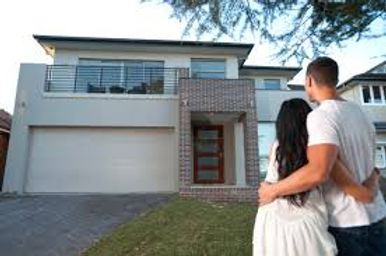
How to Buy a Home for the First Time
Your first home purchase can be a challenge, but if you know the key factors involved, it can be successful. Also note that buying a home is not just a big investment; a home is an asset that plays a big role in your day-to-day life. The following are essential and helpful ways to help you ace this deal:Below are tips for you to ace this transaction:
1. Consider your needs.
If you're looking for a house to buy, you'll likely find a number of options out there, each with its own set of tempting qualities. To help you make a wise purchase, list down your needs and go from there.
Would you like lots of quiet and space, or are you looking for more compact eagle homes for sale in the middle of the city? Would you like it ready for occupancy or do you want to be the one to design it? Will it be two-storey, a bungalow or perhaps a high-end condo? You need to answer these questions to make sure that your needs will be met as a resident.
2. Study the market.
As we mentioned, there are many options in the property market, so you should identify your needs in order to determine the right one for you. Which one has convenient public transport stops? What establishments and facilities are within the area? Is the place prone to fires, floods, earthquakes and other disasters? Which developers have a good reputation?
3. Listen to experts.
Because the boise realestate industry can be complicated, it's best for you to listen to experts. It's even more complicated for a first-time home buyer, so having a broker or agent help you out will be very useful. In particularly, this pro will take you to the best potential deals, decide if an offer is fair enough for you, and most importantly, negotiate for your interest. Of course, you need to do your own research, but there are things that are only known to "insiders" of the industry.
4. Set a budget and follow it.
Like any other significant purchase you make, you have to set a budget for buying a home. Examine your income and see how much you can comfortably spend for this transaction. According to experts, you should limit this budget to no more than 30% of your gross income monthly for all the costs. You should also allot around 1% of this budget for maintenance and association fees.
5. Finalize the deal and maintain financial stability.
Financial stability means you need to save and constantly monitor your assets and liability. First and foremost, finalize all settlement and management costs. You don't want to run into problems with your new home later on, so get all documents, payments, and inspections in order.
